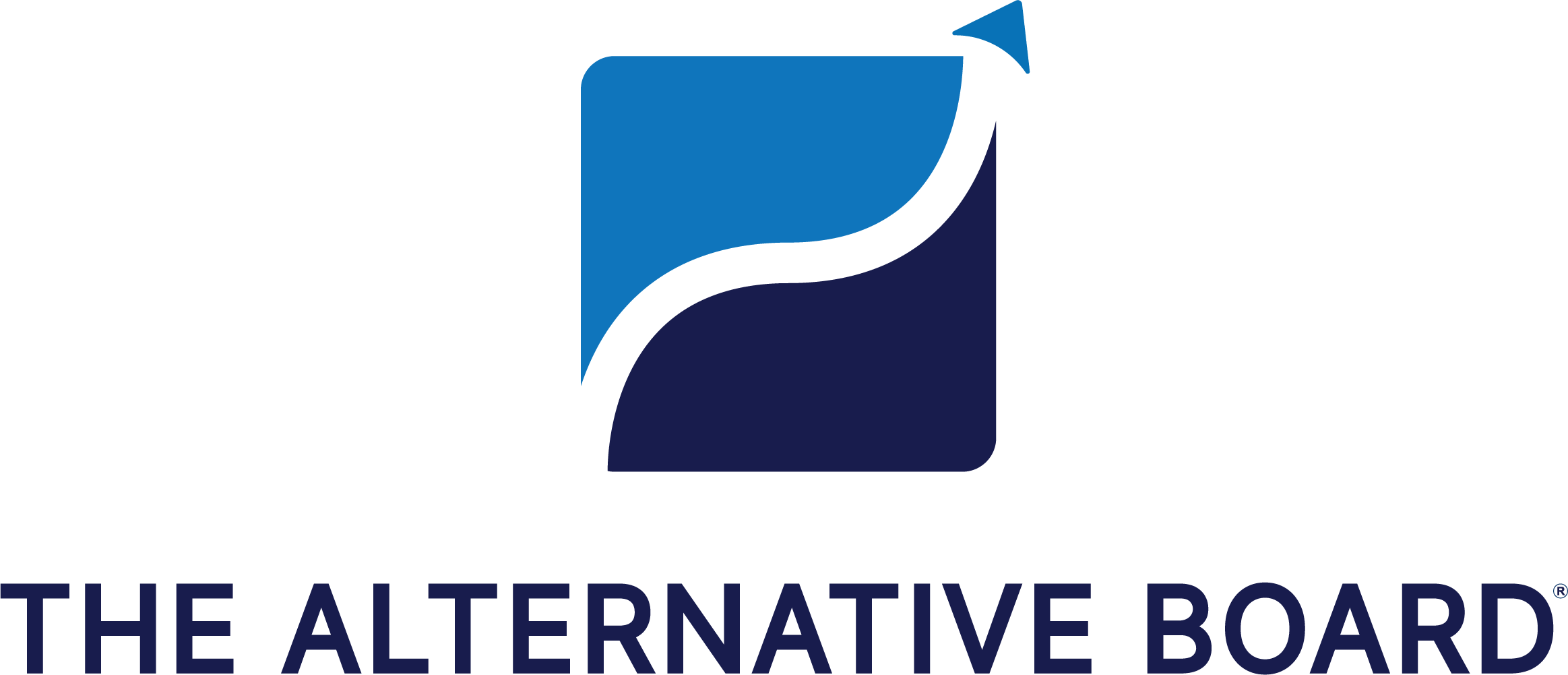Joining a mastermind group or advisory board can be enormously beneficial to the growth of a business.
Advisory board members offer objective, unvarnished guidance and advice—free of any organisational bias or competitive agenda. Being surrounded with successful business owners enables an advisory group member to think more imaginatively, explore a broader range of challenges and opportunities, and perhaps most importantly, develop more creative solutions to nagging business problems—thus paving the way for accelerated growth.
Unfortunately, not all advisory boards are created equal. As the success of the mastermind or advisory group model has become more widespread over recent years, a virtually endless number of “groups” have sprung up in local communities and online.
But there’s no uniformity in the wisdom, insight, and effectiveness of all of these so-called advisory groups. Some groups rush to recruit new members “who are ill-equipped to skill-fully advise or ill-suited to the nuances of organisational culture,” notes Forbes. “Incompetence, poor judgment and lack of experience” can lead to miscommunications and “sooner or later, conflict will rear its ugly head.”
There’s the even greater risk of members making poor leadership decisions, based on the input of those involved in the advisory board. This can result in wasteful expenditures of time, money, and other resources, and can also expose a business leader to doubts about his or her competence in the eyes of stakeholders.
The need for best practices
To guard against becoming involved in a “fly-by-night” advisory board, keep these best practice guidelines in mind:
Focus on strategy.
According to Business in Greater Gainesville Magazine, members often “waste the time of high-level advisors” by seeking guidance on “tactical matters of the organization, rather than keeping the conversation focused on the strategic level.”
An effective mastermind group or advisory board is primarily charged with helping members devise long-term strategy, leaving discussions of tactics to others.
Emphasis on confidentiality.
In a legitimate advisory board, there’s no question that all discussions and interactions among members remain absolutely confidential.
Set the right ground rules.
Without structure, an advisory board meeting will likely produce few results. As noted by SCORE, a nonprofit business mentorship organisation, ground rules are essential, including the following:
- Established frequency of group meetings
- Length of each meeting
- Limit on number of members in the group
- How and when new members are invited to join
- Criteria for assessing a new member’s potential contributions
Also, as SCORE adds, there must be “a meeting structure” that benefits all members. Otherwise, members find themselves “wandering aimlessly from problem to problem without any clear boundaries around what should be discussed and when.”
A strong, trusted group leader.
For an advisory board to succeed, it must be led by a strong, clear-minded individual—ideally, someone with experience as a business coach and extensive knowledge in the realm of business leadership. There may be no more critically important element than a talented group leader.
That’s why CEOs and business owners seeking the help of an advisory board should meet with and carefully assess the qualities of anyone purporting to lead an effective group.
Why Join TAB?
TAB, among the most pre-eminent and successful leadership organisations in existence today, has pioneered many of the techniques other business owner advisory boards use today. But TAB has also perfected a system of unique proprietary business tools that have helped over 15,000 business owners around the world achieve greater success.
The certified executive business coaches who facilitate TAB board meetings are among the most successful business advisors in the world. What makes TAB’s system unique is a combination of facilitated peer advice sessions as well as private one-on-one consultations between each business owner and their TAB advisor. This additional coaching strengthens the individual plans outlined in the mastermind group setting.
Joining a mastermind group is an important decision and a sound business investment, especially when you join one with a track record for success. Choose wisely and you’ll find the investment in a peer advisory board will more than pay for itself.
Learn more about how joining TAB can accelerate your company’s growth!


